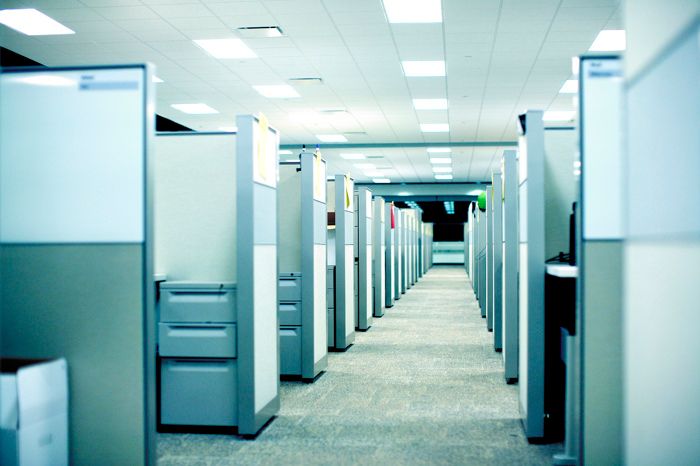
Breathing in the stale air found in conventional office buildings makes it harder to think, a new study suggests.
Researchers conducting the double-blind study found that stuffy office air reduced the cognitive function of 24 professional workers by half, Ars Technica reports. The study was published in Environmental Health Perspectives by the National Institute of Environmental Health Science.
Lead researcher Joseph Allen, director of the Healthy Buildings program at Harvard, said the results were “striking.” Although researchers knew that air quality was likely to affect cognitive function and work performance, Allen didn’t expect that high air quality could double cognitive scores.
The study took two weeks. Ars reports that participants spent Tuesday, Wednesday, and Thursday working in what looked like a normal office environment but was actually an indoor-air-quality lab at Syracuse University. While the lab has earned a LEED-Platinum rating, it’s still able to manipulate levels of carbon dioxide and volatile organic compounds in the air.
Researchers adjusted the CO2 and VOC levels to meet several scenarios, including a conventional office with high-VOC concentrations, and a “green” environment with low-VOC concentrations. Additional simulated conditions included a green building with a high outdoor-ventilation rate (called “Green +”) and one with artificially elevated CO2 levels.
A double-blind study
Participants took a test every day at 3 p.m. They didn’t know what kind of air they had been breathing all day. Neither did the technicians who administered the test.
The test was designed to measure mental function in nine different “domains,” including strategy, crisis response, and how information was used.
“Cognitive function scores were significantly better in Green + building conditions compared to the Conventional building conditions for all nine functional domains,” the study says. “These findings have wide ranging implications because this study was designed to reflect conditions that are commonly encountered every day in many indoor environments.”
Beginning in the 1970s, buildings became increasingly tighter as energy prices rose. Typical air exchange rates in homes and offices dropped.
“With these design changes comes the potential for negative consequences to indoor environmental quality (IEQ), as decreased ventilation can lead to increased concentration of indoor pollutants,” the study says.
CO2 concentrations in indoor air have long been an indicator of how effective ventilation is, and the study notes that they are used as a “proxy for indoor air quality.” But evidence is now mounting that CO2 is a direct pollutant, not just a marker for other pollutants.
“We found statistically significant declines in cognitive function scores when CO2 concentrations were increased to levels that are common in indoor spaces (approximately 950 ppm),” the study says. “In fact, this level of CO2 is considered acceptable because it would satisfy ASHRAE’s ventilation rate guidance for acceptable indoor air quality. Larger differences were seen when CO2 was raised to 1400 ppm.”
Researchers said that exposure levels used in the test reflected the office conditions in which many people work every day. They suggested that more should be done to investigate exposure levels in homes, schools, and airplanes, where reductions in cognitive function and decision making “could have significant impacts on productivity, learning and safety.”
Read more: http://www.greenbuildingadvisor.com/blogs/dept/green-building-news%2A#ixzz3qkJlnObY
Follow us: @gbadvisor on Twitter | GreenBuildingAdvisor on Facebook
Fine Homebuilding Recommended Products
Fine Homebuilding receives a commission for items purchased through links on this site, including Amazon Associates and other affiliate advertising programs.

Affordable IR Camera

8067 All-Weather Flashing Tape

Reliable Crimp Connectors
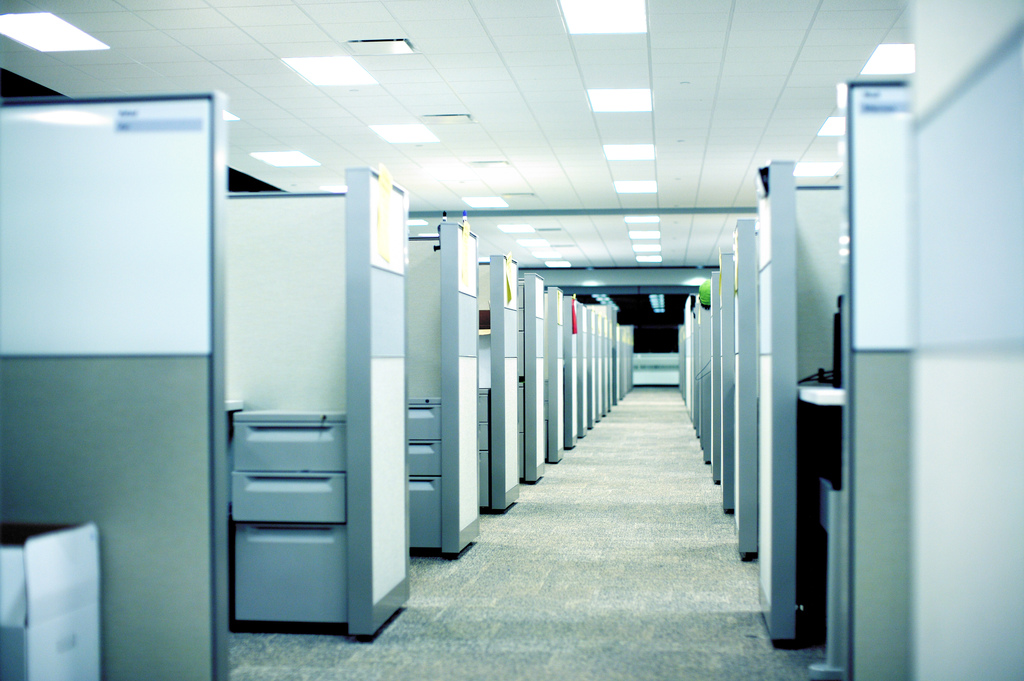
Stale air in offices can lower cognitive function by half, researchers say. The lead researcher calls the results of this study "striking."

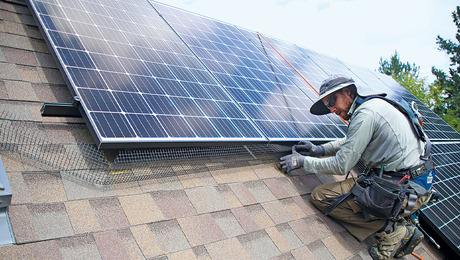

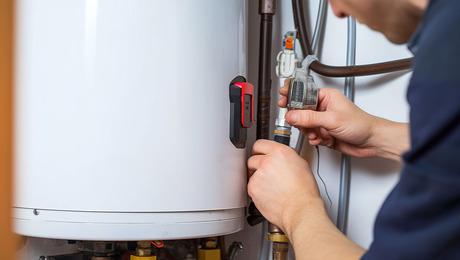
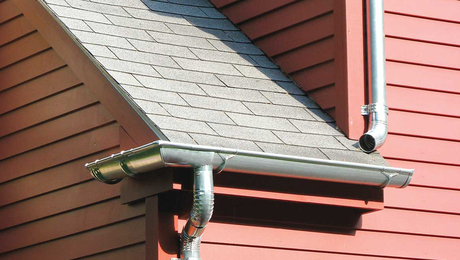

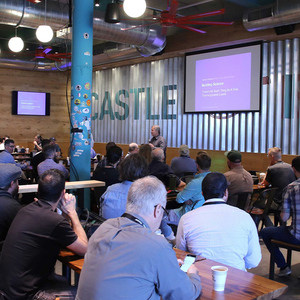
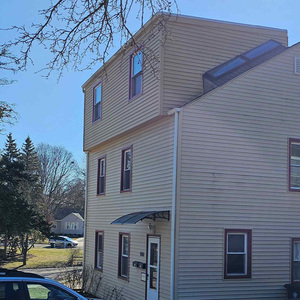

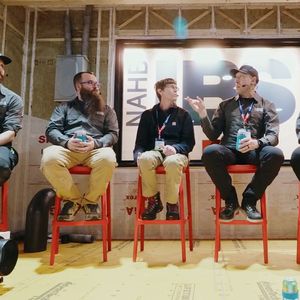

















View Comments
This is news?
The 'cube farm' pictured has since been replaced by the 'fishbowl.' An 'open' plan that allows / encourages everyone to see what the others' are doing, and further removes any feeling of having 'my' space.
This is no accident. Creative thought, imagination, initiative, empowerment, and 'personal space' are all cuss words to today's corporate mind.
They WANT mindless drones, tediously repeating actions through endless mounds of endless mind-numbing tasks. You're not supposed to know what you're doing, let alone be thinking about it!
Doubt me? Look at the computers on those desks. The machines are carefully limited to performing the handful of specific functions, the bare necessity for doing your immediate job. Having a new assignment also means a call to the IT department, to give you a new function.